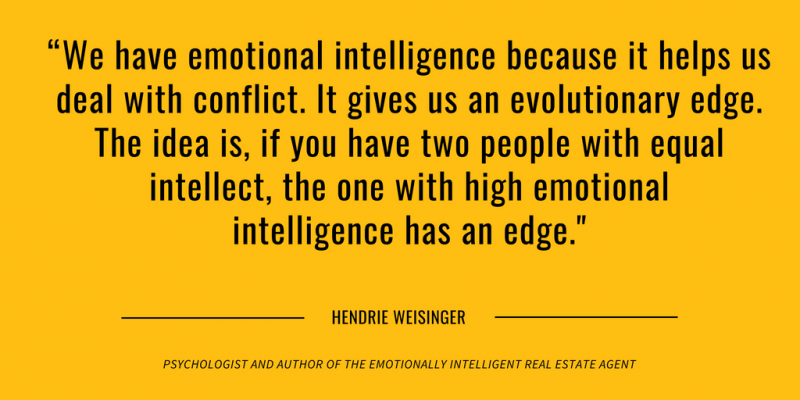Many years ago, following a university study involving a wide range of businesses, the researchers concluded that real estate is the only business in which your competition routinely sells your inventory.  A great deal of professionalism, cooperation, and relationship building is required in order for this unique and complex system to work on a day-to-day basis. It would be difficult to identify many businesses that are more relationship-based than real estate. In addition to the relationship with clients, customers, and other real estate professionals, there are countless ongoing interactions with a range of people who specialize in transaction-related services. It is up to each licensee to maintain good relationships, but is the industry overall getting better at it, or regressing in some ways?
A great deal of professionalism, cooperation, and relationship building is required in order for this unique and complex system to work on a day-to-day basis. It would be difficult to identify many businesses that are more relationship-based than real estate. In addition to the relationship with clients, customers, and other real estate professionals, there are countless ongoing interactions with a range of people who specialize in transaction-related services. It is up to each licensee to maintain good relationships, but is the industry overall getting better at it, or regressing in some ways?
Consider the following questions:
- How have societal and technological changes in the past twenty-five years impacted communication and relationship building?
- Are we, as a society, as diplomatic as we once were?
- Are we, as a society, as respectful as we once were?
Talk shows address questions like these daily in one form or another. They encompass issues and behaviors that impact real estate professionals constantly. REALTOR® Associations and real estate commissions nationally continue to make strides toward positively influencing the conduct and competence of real estate licensees through the REALTOR® Code of Ethics, NAR’s Commitment to Excellence, and licensing requirements.
A key to the advancement of any industry is trained intelligence, in other words, people having specialized training that benefits others. REALTORS® are a good example of this. However, in addition to intelligence (IQ) and training, success for all parties in a real estate transaction also depends largely on emotional intelligence, the awareness of, and response to, one’s own emotions and the emotions of others.

Unfortunately, the evening news usually features the absence (not the presence) of emotional intelligence. Regardless of your answers to the questions posed earlier, you no doubt understand the importance of emotional intelligence, and probably have countless personal examples of successful transactions made possible by the presence of it within one or more parties. As you work day-to-day to employ and improve upon your own emotional intelligence, consider these questions as situations develop:
- Will the pleasure of proving the other person wrong, get us where we need to go?
- Would respectfully posing a question be a more effective approach?
- How can I deliver the knowledge of a college professor with the warmth of a kindergarten teacher?
- How many times when I was offended or angry, could I have made things better by pausing three seconds before speaking?
- Do I have a chance of winning in this situation, and is there really anything to win?
Thanks for making the world a better place to live, and for helping people find a home in it.
Rod McIntyre, Ph.D.
KAR Staff





